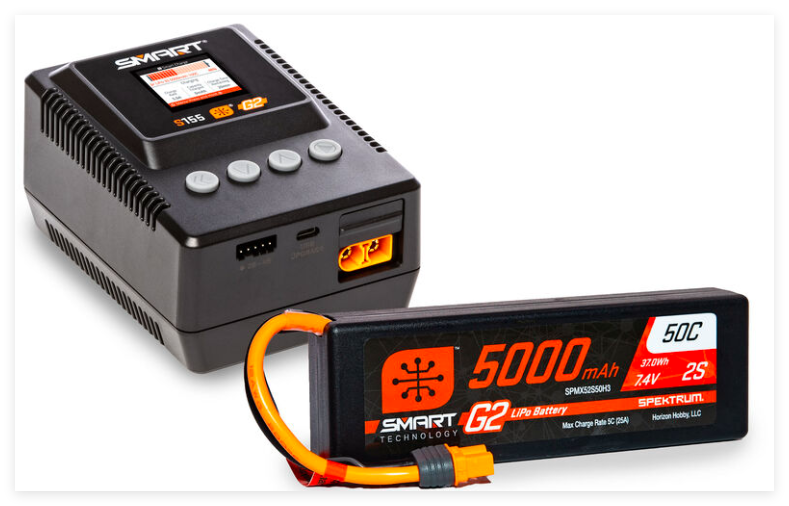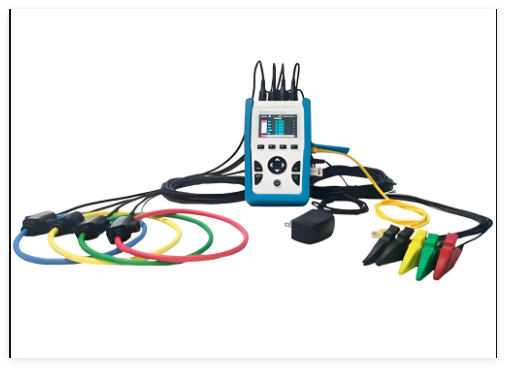Smart Scales 101: Everything You Need to Know

What is a Smart Scale?
A smart scale, as the name suggests, is a modernized version of the traditional weighing scale that incorporates advanced technology. Equipped with built-in sensors and wireless communication capabilities, smart scales not only measure weight but also sync data to your smartphone or computer. They provide additional health metrics such as body fat percentage, BMI, muscle mass, and more, helping users gain a comprehensive understanding of their health and manage it scientifically.
Advantages of Smart Scales
1. Diverse Data and Comprehensive Analysis
Smart scales measure more than just weight; they provide detailed information about body composition, such as body fat percentage, water content, and muscle mass. This data helps users manage their health more scientifically.
2. Wireless Syncing and Convenient Tracking
With Bluetooth or Wi-Fi connections, smart scales can sync measurement data to health apps on your smartphone or computer, making it easy to view historical data and trend charts anytime.
3. Multi-User Support for Family Sharing
Many smart scales support multiple user profiles, allowing different family members to record their health data separately without interference.
4. Personalized Recommendations
Smart scales, combined with health apps, can offer personalized health advice and goals based on the user’s body data, helping users manage their weight and health better.
Disadvantages of Smart Scales
1. Higher Cost
Smart scales are generally more expensive than traditional scales, which might be a financial burden for some users.
2. Data Accuracy Issues
Although smart scales provide various body metrics, their accuracy can be affected by several factors and may differ from professional equipment.
3. Dependency on Electronic Devices
Smart scales require pairing with smartphones or computers, which some users might find complex or inconvenient.
How to Choose the Right Smart Scale
1. Confirm Measurement Metrics
Choose a smart scale that offers comprehensive metrics based on your needs, such as weight, body fat percentage, muscle mass, and water content.
2. Focus on Connectivity
Opt for a smart scale with stable and easy-to-use connectivity options, like Bluetooth or Wi-Fi.
3. Check App Compatibility
Ensure that the smart scale is compatible with your commonly used devices and health apps for easy data syncing and viewing.
4. Brand and After-Sales Service
Select a smart scale from a well-known brand to ensure product quality and after-sales service, avoiding unnecessary troubles during use.
Leading Smart Scale Brands
1. Fitbit
Fitbit’s smart scales are stylish and seamlessly integrate with its fitness trackers and apps, offering users a comprehensive health management experience.
2. Withings
Known for high accuracy and multifunctionality, Withings smart scales provide detailed body data, fast data syncing, and strong compatibility.
3. Garmin
Garmin’s smart scales are designed for fitness enthusiasts, offering rich health and activity data to help users achieve their fitness goals.
4. Xiaomi
Xiaomi’s smart scales are affordable and feature-rich, making them popular among consumers, especially those with budget constraints.
Extended Information: Features Users Care About
1. Child Mode
Many smart scales offer a child mode to measure children’s weight and health data, helping parents monitor their growth.
2. Pregnancy Mode
Some smart scales come with a pregnancy mode to provide more accurate weight and health monitoring for pregnant women, ensuring maternal and fetal health.
3. Athletic Mode
Smart scales can adjust measurement algorithms based on the user’s activity level, providing more accurate health data for fitness enthusiasts.
4. Voice Assistant Integration
Some high-end smart scales support integration with voice assistants, allowing users to obtain health data through voice commands, enhancing convenience.





Post Comment